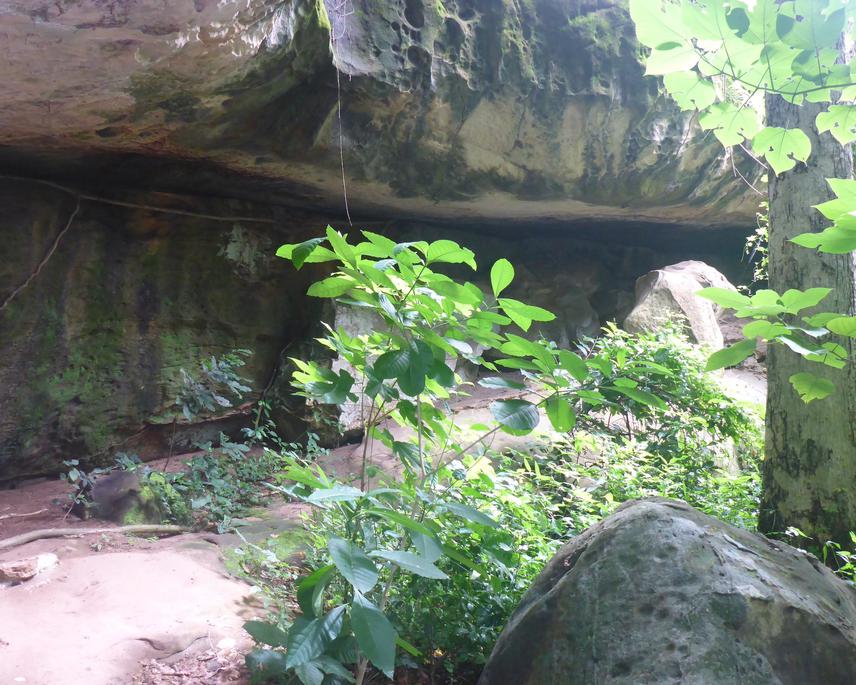Jennifer Awuah Owusua
This project aims to assess the dimensions of batmeat hunting and trade to: develop maps that will show bat hunting hotspots and places at risk of zoonoses outbreak. Additionally, we seek to employ a One Health approach to educate and draft a Bat-bushmeat Strategic Action Plan to protect bats and humans.

In West Africa, bushmeat that includes fruit bats is relied on for animal protein needs and food security. Some communities in southern Ghana eat about 150,000 bats annually, possibly because of its many health benefits. However, the local people may be ignorant of the ecological values and health risk associated with eating batmeat. In fact, there are growing concerns about the threats of bat zoonoses as more bat species are identified as vectors of emergent viral diseases. Unquestionably, strategies to monitor batmeat exploitation and potential zoonoses occurrence remain a high priority in Ghana. Concurrently, local people should be actively engaged in conservation efforts to motivate them to reduce pressure on bat populations.
This project will assess the dimensions of batmeat hunting, consumption and trade in southern Ghana. Thus, this project will establish important socio-demographic data on bat-bushmeat actors to:
i. Determine trends in species and their quantities hunted and sold for food.
ii. Identify people that are at risk of zoonotic pathogens from bats.
With this information, we will create a geographic database and map out: places where bats are exploited and areas at risk of zoonoses outbreak. Subsequently, a draft Strategic Action Plan will be outlined to enhance bat conservation, and management of zoonoses risk in Ghana.
Additionally, we will adopt One Health simultaneous communication approach; to create awareness about the benefits of bats (e.g. ecological benefits of bats) and risks of eating batmeat. With this approach, we will organise video shows and presentations in schools and religious centres. We will also reach a wider national audience through radio broadcasts and social media networks (Facebook, Twitter, WhatsApp, LinkedIn).
Overall, this project will establish important information on the batmeat crisis and ensure effective mitigation approaches to curb over-exploitation and manage zoonoses risk. This project will also stimulate consciousness about the risks of eating batmeat; people will understand the risks which will lead to a decline in batmeat hunting and consumption, and at the same time be motivated to protect bats.